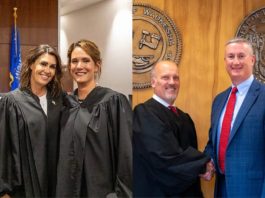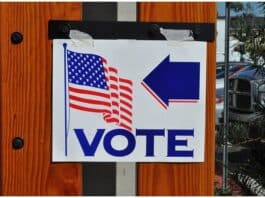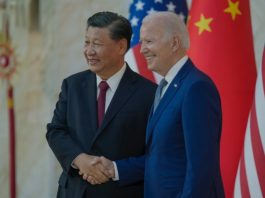Top Facts
-
-
Janet Protasiewicz is a liberal judge running for state Supreme Court. She said Sunday that she embraces the “progressive” label as well as an endorsement from the extremely liberal blog Daily Kos.
-
Wisconsin Judges aren’t supposed to show partisan bias per ethics codes, but Protasiewicz outright stated that she believes the U.S. Supreme Court was wrong to overturn Roe vs. Wade.
-
Protasiewicz also made her liberal views on gay marriage and legislative maps very clear, despite judicial ethical codes.
-
She admitted she’s already got her “thumb on the scale” – a preexisting bias – in some cases that would come before the Wisconsin Supreme Court.
-
Liberal Supreme Court candidate Janet Protasiewicz blatantly disregarded Wisconsin’s judicial ethics codes Sunday, saying she embraces the label “progressive,” and trashing the U.S. Supreme Court’s decision to overturn Roe vs. Wade, even though abortion is an issue that is likely to come before the Wisconsin court.
Asked which case she felt was wrongly decided, she made it clear that the U.S. Supreme Court decided the abortion question wrongly when it overturned Roe v. Wade.
“In my opinion, our Supreme Court in Dobbs decided that case incorrectly,” Protasiewicz said, accusing the U.S. Supreme Court of ignoring precedent, the Constitution, and “the will of the people.”
The Wisconsin Code of Judicial Ethics makes it very clear that judges need to avoid even the appearance of bias. The Ethics code says justices must preserve the “independence of the judiciary” and “may not be swayed by partisan interests.”
“A judge may not, while a proceeding is pending or impending in any court, make any public comment that may reasonably be expected to affect the outcome or impair the fairness of the proceeding,” the Code of Ethics says. “A judge, candidate for judicial office,
or judge-elect should not manifest bias or prejudice inappropriate to the judicial office.”
Yet when journalist AJ Bayatpour asked Protasiewicz, a liberal Milwaukee County judge, on Capital City Sunday about whether she is “considered the progressive choice” in the state Supreme Court race, she said she embraced the label and said she holds liberal positions on abortion, gay marriage, and legislative maps.
“I embrace that when it comes issues such as gerrymandering. When we talk about the maps, when we talk about marriage equality, when we talk about women’s rights and women’s right to choose,” she said.
Bayatpour pointed out that the Supreme Court race “is supposed to be non-partisan,”
but Protasiewicz was endorsed by the Daily Kos, an extremely partisan liberal blog.
“I embrace that,” she said. “Yes, this is a non-partisan race. But I will tell you what’s happening here. I am dealing with a race with extreme right-wing activists. A person has to be who they are.”
After making a series of partisan liberal statements, she then said, “I don’t come into court with any preconceived notions. I’m not a partisan.”
Bayatpour noted that the Wisconsin attorney general is challenging Wisconsin’s 1849 abortion law and asked what she would do if that came before the court.
“I can not obviously tell anybody how I would rule on any type of case, I can tell you what my values are,” she said before talking about privacy concerns that formed the underpinnings for Roe v. Wade in the first place.
Bayatpour asked whether her comments on Dobbs and the fact she “unabashedly supports the idea of bodily autonomy” makes her an activist and gives the public “an idea how you would rule in this case.” In Dobbs v. Jackson Women’s Health Organization, the U.S. Supreme Court found that abortion was not a constitutional right in the U.S. Constitution and left the issue for states to decide.
She responded that on the “bulk of issues” (but not all), she had “no thumb on the scale,” before noting that the overturning of Roe v. Wade is “so critically important.” She did not deny having her “thumb on the scale” when it comes to abortion.
Bayatpour asked Protasiewicz’s reaction if someone “says you are a progressive judge.”
“In many respects, I embrace that,” she said, stressing that she is “a progressive, yes, on social issues.”
Table of Contents
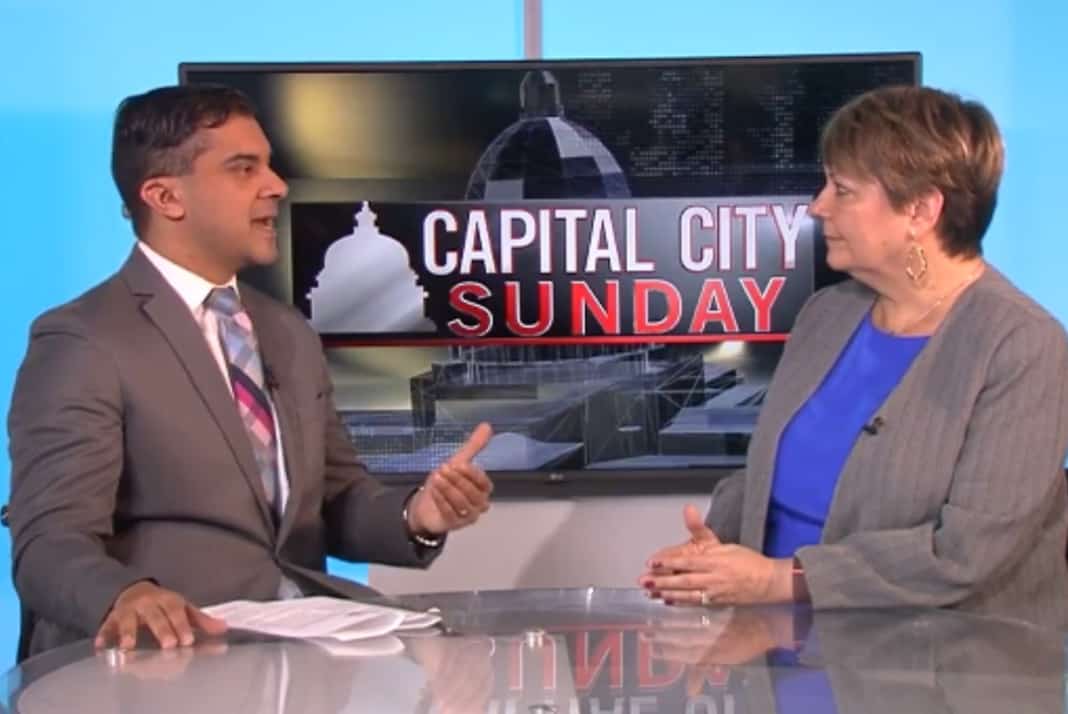


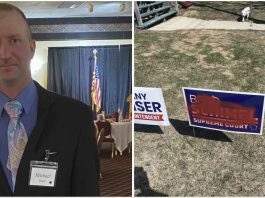
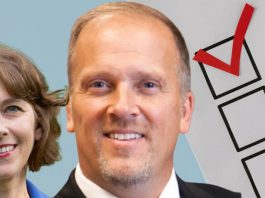
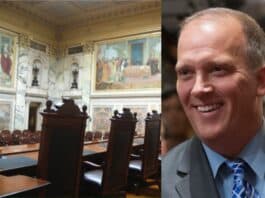
![Phil Gramm’s Letter to Wall Street Journal [Up Against the Wall]](https://www.wisconsinrightnow.com/wp-content/uploads/2025/03/gramm-265x198.png)
